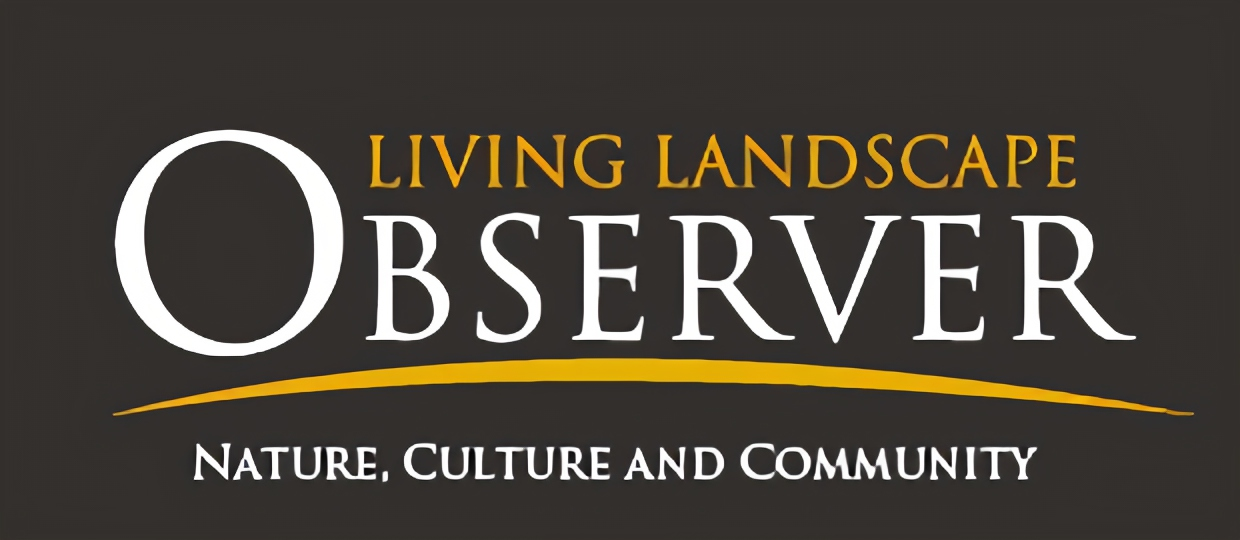Not to Late! ACHP Invites Your Ideas on the Future of the National Historic Preservation Program. These ideas along with recommendations submitted to the incoming Administration and the 115th Congress. The ACHP has posted initial observations on challenges and opportunities, and invited public input. The posting can be found at www.achp.gov/index.html The National Historic Preservation Program at 50: Challenges and Opportunities, including how they might be addressed now and in the future. Send your comments and suggestions by March 1, 2016 to NHPA50@achp.gov.
The Landscapes for People, Food and Nature Initiative is an international collaborative initiative of knowledge sharing, dialogue and action to support integrated landscape management in order to achieve three simultaneous goals: improved food production, ecosystem conservation, and sustainable livelihoods. More than 60 partner organizations from North and South America, Europe, Africa, and Asia are contributing their resources and considerable expertise to promote and strengthen landscape management around the world. Visit their new website to learn more.
A new joint publication of the World Economic Forum, The Nature Conservancy, and Resolve entitled Blueprints for a Greener Footprint: Sustainable Development at a Landscape Scale
<http://www.conservationgateway.org/ConservationPractices/lands/dbd/Pages/wef.aspx>. It highlights the urgent need to transform how we plan for development and its cumulative impacts. This starts with planning at a larger scale (at the landscape or watershed level) before major project investments are made, and accounting for a more comprehensive set of environmental and social values. As a WEF “Global Agenda” paper, the publication will help promote the approach with new audiences, leaders in government, development banks and agencies, and industry.


